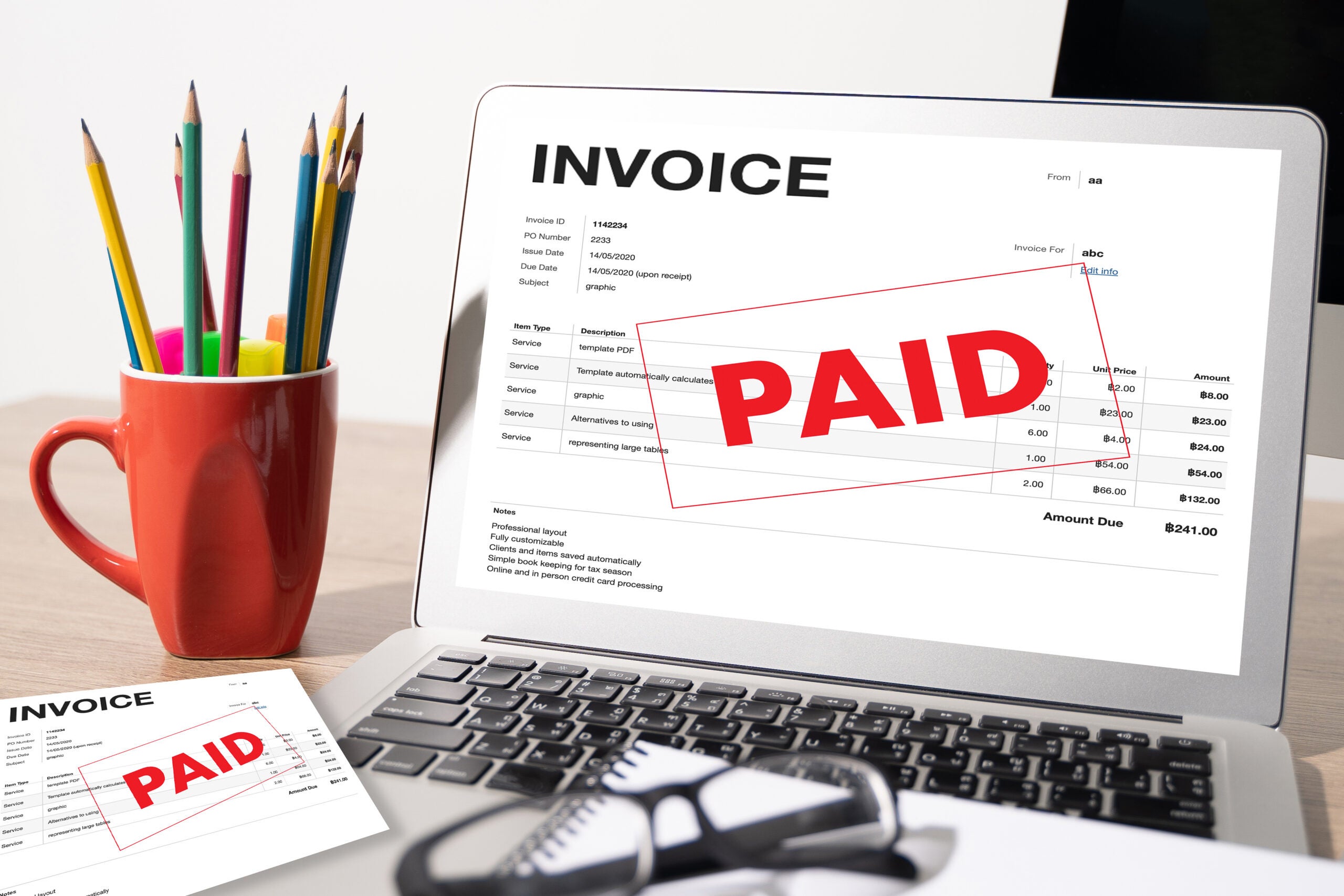
Cash flow is a crucial metric for small business owners — running out of capital is the number one reason why startups fail, according to data from CB Insights. Late payments from clients can interrupt your cash flow and threaten your business’s stability and growth potential. Plus, chasing down unpaid invoices drains your time and energy, making it harder to focus on projects that will help your business flourish.
Let’s talk about why late payments happen, their impact on small businesses and how to navigate these challenges effectively.
How do late payments impact small businesses?
One survey from Intuit Quickbooks found that 73% of small businesses are negatively impacted by late invoices. What’s more, about 40% of respondents said they’d be forced to close in the next year if late payments continued. Unpaid invoices can slow down the inflow of capital, which can be a big problem for a company that doesn’t have cash reserves on hand. If you’re relying on incoming payments to cover your operating expenses or pay your employees, what will you do if that money is delayed?
Late invoices can also delay growth and expansion. You might be planning to use a portion of those expected payments to invest in new products or services, build out your marketing strategy or hire new employees. You may have to press pause on those goals if your cash is tied up in unpaid invoices.
Identify what’s causing the late payments
If late payments are a problem for your business, start by identifying why it’s happening. This involves communicating with your customers (more on this shortly). If your customers are other businesses, they might fall behind on payments if:
- There are cash flow shortages on their end.
- They simply forgot to make the payment.
- They don’t have an efficient accounts payable system in place.
- You don’t accept their preferred payment method.
Once you know your customers’ roadblocks, you can take steps to address it. In some cases, late payments might happen if your business doesn’t have a streamlined accounts receivable system.
5 ways to prevent late payments
Unpaid invoices don’t have to be a regular part of your business model. Building a strong emergency fund can help you cover your costs while you’re waiting on payment. SCORE, a nonprofit that supports small businesses, recommends saving up three to six months’ worth of operating expenses.
Beyond that, here are five simple ways to address late payments.
1. Set clear payment terms
Before doing business with someone, you’ll want to communicate your payment terms and have a written agreement, preferably a contract. At the minimum, an email exchange showing that they agree to the terms is better than nothing. Whenever you submit an invoice to a customer, be sure to include the payment terms there as well. This should be indicated clearly on the invoice.
2. Be proactive with your communication
Once you’ve delivered your service or product, it’s good form to send an automatic invoice. This gives the customer ample time to get their payment together. If the payment due date comes and goes, you can set up a reminder email to go out automatically. You might choose to give your customers a grace period, say 10 business days, to finalize their payment. Also clarify if there will be any consequences beyond that.
If you are dealing with unpaid invoices, don’t be afraid to reach out to your customers directly to find out what’s going on. Taking this approach can help keep the relationship intact and prevent you from losing a customer.
3. Share your preferred payment methods
On your invoices, include all the payment methods your business accepts. That might include:
- Debit or credit card (let customers know if you’ll charge a processing fee)
- ACH payments
- Check
- Payment platforms like Venmo, Zelle or PayPal
For each option, include clear instructions on how to make payment using that method. Spelling these things out can prevent delays and allow you to receive payment faster.
4. Track outstanding invoices
The stronger your internal accounts receivable system, the faster you can process payments. This is especially important if you have lots of outstanding invoices. If you’re managing the books yourself, you can invest in accounting software to help you keep track of what you’re owed. You could also outsource the task to an employee or hire a freelancer or consultant to do it for you. What matters most is making sure it gets done. You’ll want to keep a record of:
- How many unpaid invoices you have at any given time
- Any invoices that are in delinquent status (30, 60 or 90 days past due)
- Notes from any communication you’ve had with these customers about their late payments
- What the next step is — for example, you might choose to take legal action against a customer if you don’t receive payment within a certain timeframe
5. Figure out how you’ll respond to late payments
If invoices remain unpaid for an extended time, you’ll need to decide how you want to proceed. Here are a few option to consider:
- Offering payment plans (with interest)
- Charging a late fee
- Kindly letting the customer know that you will have to terminate your business relationship if they don’t make good on their payment
- Enlisting the help of a debt collector
- Taking legal action if necessary
Late payments can throw a wrench in small business operations and derail growth. That’s why it’s so important to understand why it’s happening — and to take steps to prevent it.
516 Views












